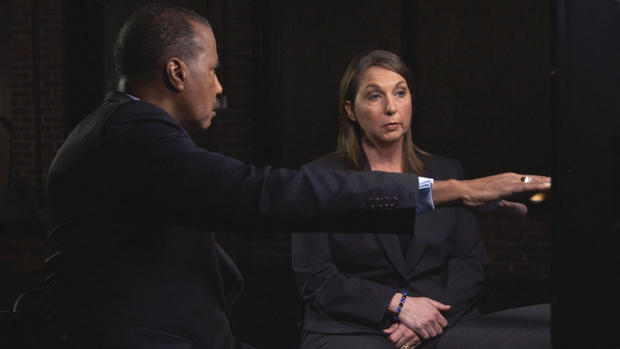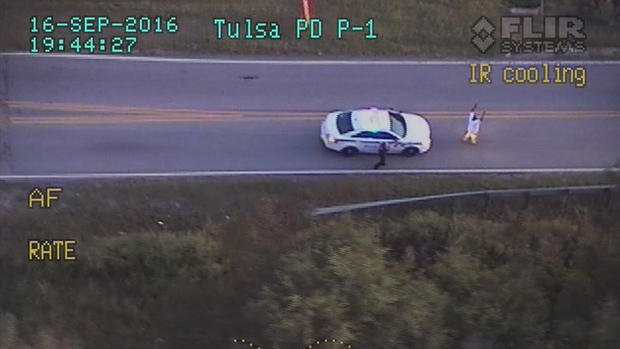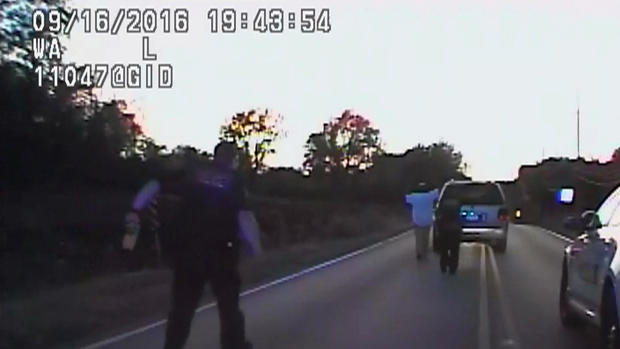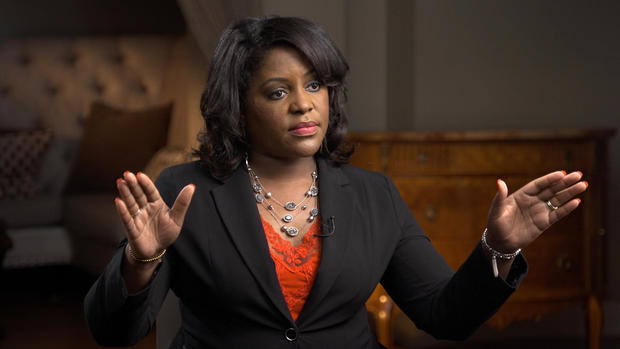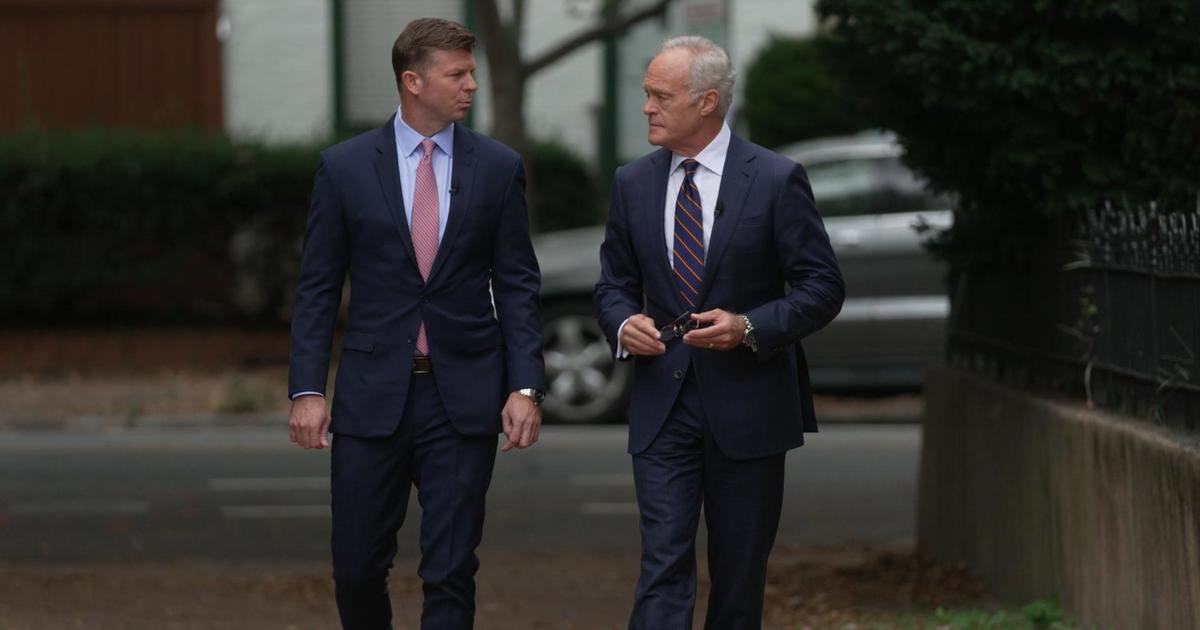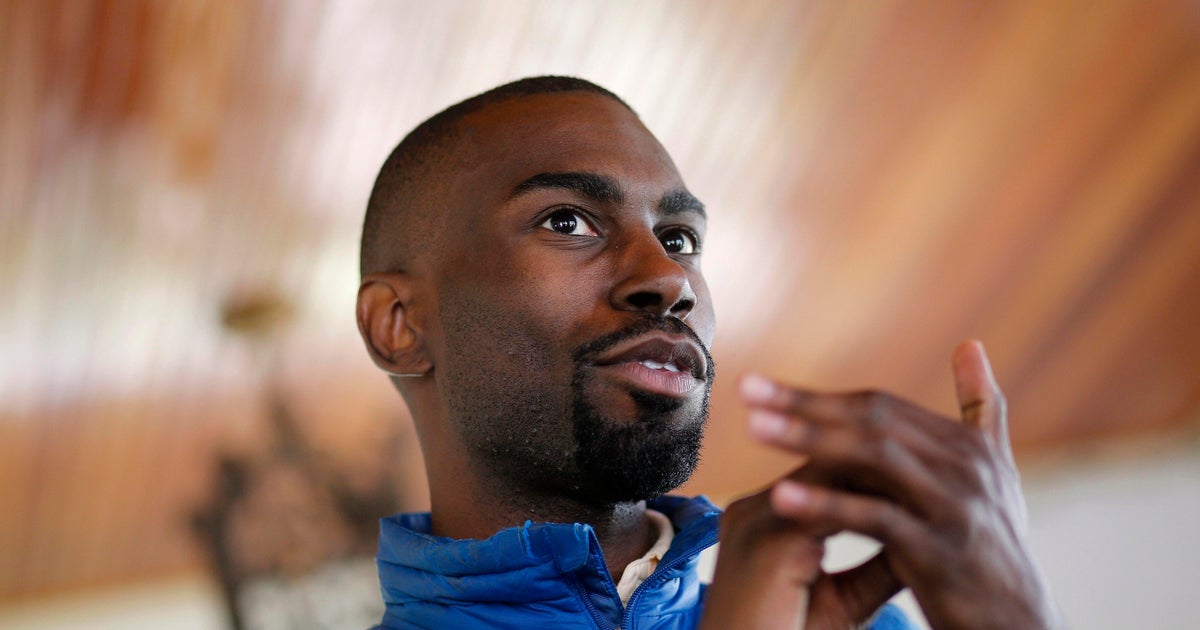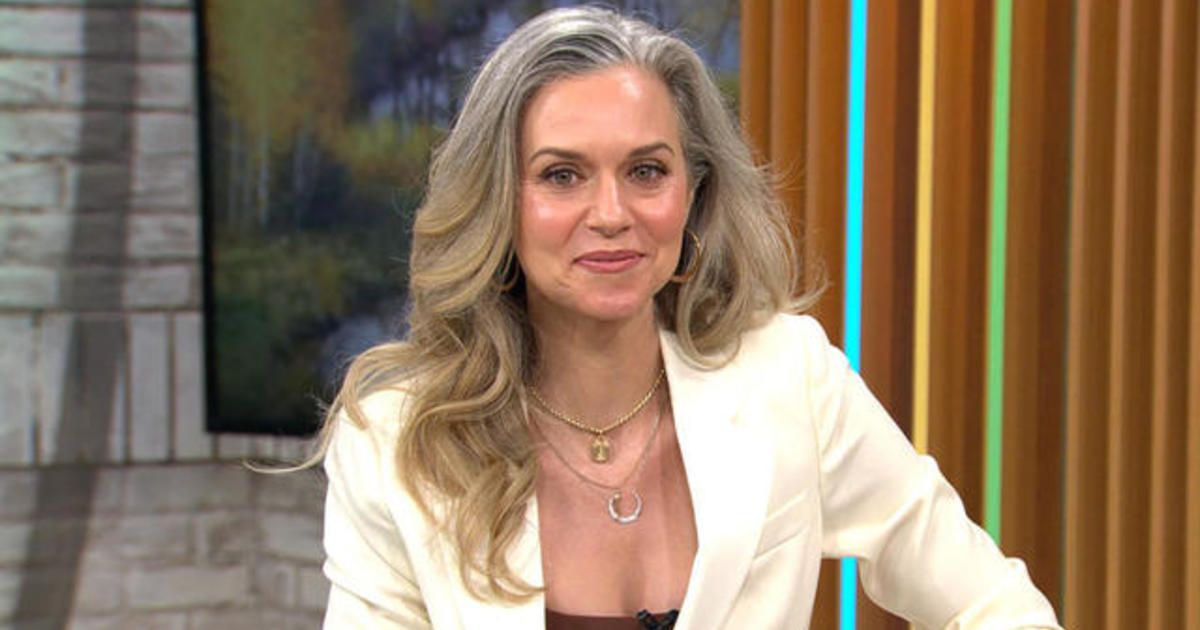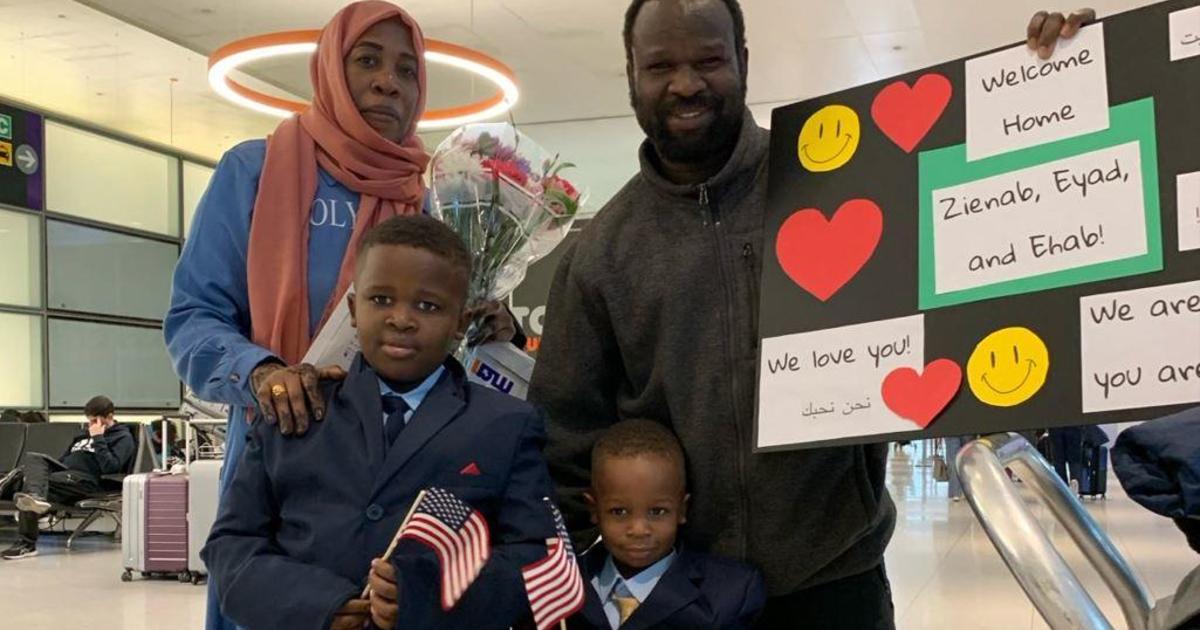More evidence in the Terence Crutcher shooting
Last year in Tulsa, Terence Crutcher, an unarmed black man, was shot and killed by Betty Shelby, a white police officer. The incident was captured on video from two angles, one from a police dashboard camera and the other, from a police helicopter camera — and yet somehow, it’s still unclear what happened that day.
After Tulsa police released the videos to the public, the shooting became a big story in Tulsa and across the country. Both videos showed Crutcher with his hands in the air moments before the fatal shot. Still, when the story idea first came across the desks of correspondent Bill Whitaker and 60 Minutes producer Marc Lieberman, they weren’t sure they wanted to pursue it.
“At first glance, you might think that this is an open and shut case,” says Lieberman, who discussed his team’s reporting with 60 Minutes Overtime. “The more you delve into it and if you look at this video very carefully…it is unclear at the most critical moment.”
Officer Shelby told her story to Bill Whitaker on 60 Minutes before her jury trial in May for first-degree manslaughter. She explains why she pulled the trigger and why she feels it was a reasonable decision. The 60 Minutes team also spoke with Terence Crutcher’s twin sister Tiffany, who argues that Officer Shelby should go to prison for the fatal shooting of her brother.
Both sides of the case are heard in this week’s riveting 2-part 60 Minutes story by Whitaker, Lieberman, and associate producer Michael Kaplan.
Whitaker calls the case “an American tragedy.”
“The jury’s going to have a very hard decision on its hands. A man is dead. A police officer is likely to lose her job and could lose many years of her life in jail,” says Whitaker. “The jury will have to look at this inconclusive video and make a decision. Does she go to jail for four years to life? Was this proper police behavior? I wouldn’t want to switch places with the jurors.”
After sifting through the facts of the case, Whitaker and Lieberman say the evidence paints a complicated picture. It’s still not known what evidence will be admitted by the court, so the producers zeroed in on what they considered to be the heart of the case. In this week’s 60 Minutes Overtime discussion, the team talks about some of the evidence they chose to leave out of the story.
For example, Officer Shelby told 60 Minutes that Crutcher was turning his head to look at her moments before she shot him. From her perspective, Crutcher was “targeting” her.
“She feared that there was a gun in the car he was going reach and then know exactly where to turn and shoot,” Whitaker explains. “That was her fear.”
Crutcher’s family challenges Officer Shelby’s version of events, noting that Crutcher had vision problems.
“The Crutcher family will tell you that his right eye was a glass eye and [that] when he’s turning like this to look at officer Shelby, it’s so he can see her with his good eye,” explains Whitaker.
A glass eye wasn’t Crutcher’s only physical impairment, according to his family. They say he also suffered from hearing loss, a problem they think could have been exacerbated by a police helicopter circling overhead. Officer Shelby insists he wasn’t complying with her commands; Crutcher’s family wonders if he couldn’t hear them.
There are also 911 calls which may be discussed in Officer Shelby’s trial. Before Shelby arrived on the scene, passersby saw a car stopped in the middle of the road near where Crutcher was standing. Two people were alarmed enough to call 911 and report the situation, though Shelby was unaware of these calls when she arrived on the scene.
The day after Officer Shelby shot Crutcher, the police did a follow-up interview with one of the 911 callers, a woman who interacted with Crutcher before he died. At one point, the caller said she suspected that Crutcher was reaching into his car for something, perhaps even a gun, she said. The woman said she backed away in fear.
The 911 calls and the police interview — excerpts of which are included in the Overtime video above — may or may not be relevant in the trial of Officer Shelby. The trial date is set for May 8th in Tulsa. A judge will determine what evidence the jury hears. In the meantime, Whitaker says the 60 Minutes report presents both sides of the story.
“You’re talking about a video that’s inconclusive. One side sees one thing and the other side sees another. And in comes 60 Minutes into the middle of all this,” says Whitaker. The mission of 60 Minutes, he says, was to simply present the facts for the American viewer and ask, What do you see?”
The video above was produced by Will Croxton, Ann Silvio, and Lisa Orlando, and edited by Will Croxton and Lisa Orlando.
